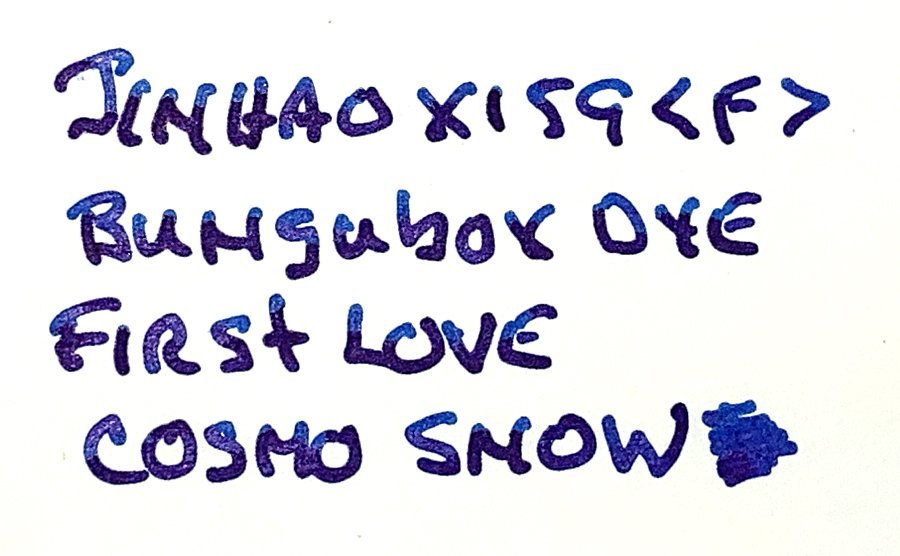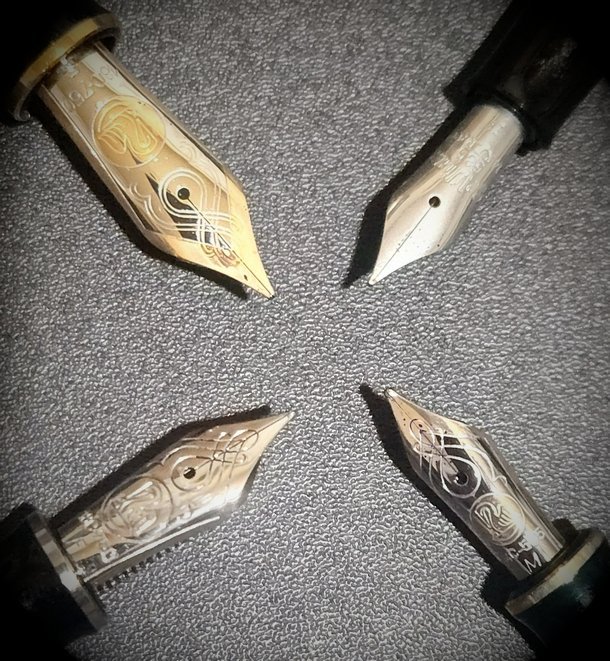A Poem A Day
-
Forum Statistics
357.8k
Total Topics4.7m
Total Posts -
Member Statistics
130,446
Total Members21,671
Most OnlineNewest Member
kupit-super-tadarajz.ru
Joined -
Images
-
Albums
-
USG 24
- By USG,
- 0
- 1
- 65
-
European pens
- By A Smug Dill,
- 12
- 44
-
dgc01
- By kestrel,
- 1
- 5
- 52
-
My photos
- By lamarax,
- 0
- 1
- 59
-
Italic Nib Calligraphy
- By Penguincollector,
- 0
- 0
- 4
-





.jpg.a1431c9a14532b62820da3f6a2325c24.jpg)
.jpg.e9ed053ba24013526400a18a196d26d2.jpg)








.thumb.jpg.f07fa8de82f3c2bce9737ae64fbca314.jpg)











Recommended Posts
Create an account or sign in to comment
You need to be a member in order to leave a comment
Create an account
Sign up for a new account in our community. It's easy!
Register a new accountSign in
Already have an account? Sign in here.
Sign In Now